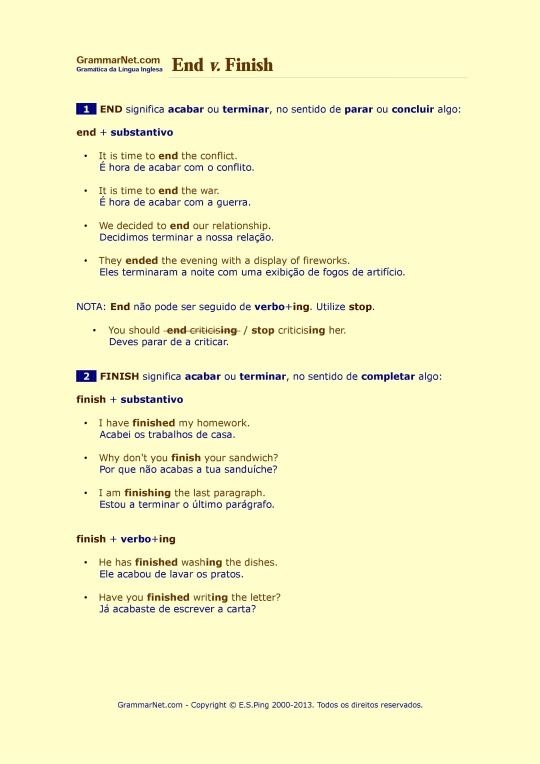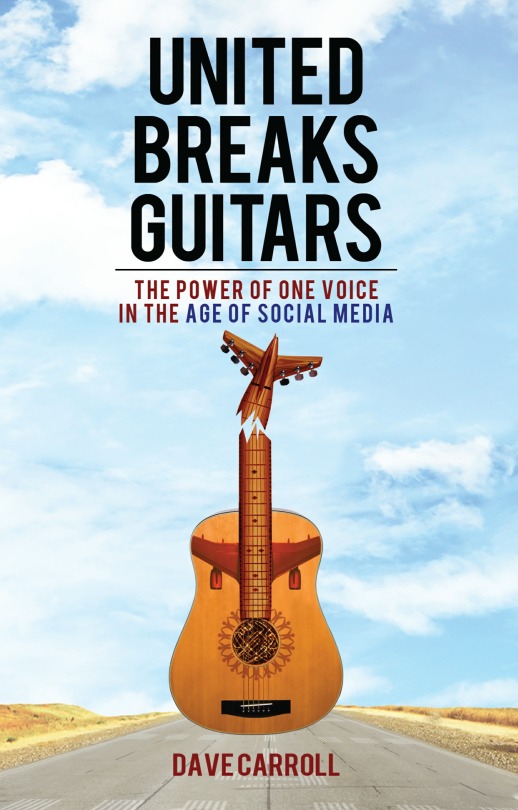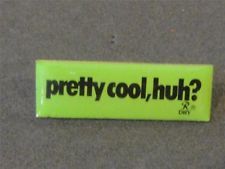


Hey guys! The weekend is coming! Take the chance to watch this video and think about the unrealistic expectations set on both women and men today.
“One challenge many face today, is that as a society, we’re so used to seeing false images of perfection, and comparing ourselves to unrealistic beauty standards that It can be hard to remember the most important thing – You ARE beautiful.” Em xxx http://mypaleskin.blogspot.com.br/
Look up the words you don’t know! You’ll learn a lot of adjectives to describe appearance!
Hello everyone! Last week we learned about words in English that have almost the same meaning, but are used in different situations: start and begin.
Now, what about finish and end?


This is a real story from a musician who had his guitar broken from United Airlines. Watch it! Enjoy the country song and learn the language for traveling and the lessons for customer service in an age of social media.


Microbiologist Tasha Sturm, takes handprint of her son after playing outside and incubates the results.

On the one hand we know that bacteria can be really harmful, on the other hand it seems that if we learn more about them, they can be helful and useful to us.